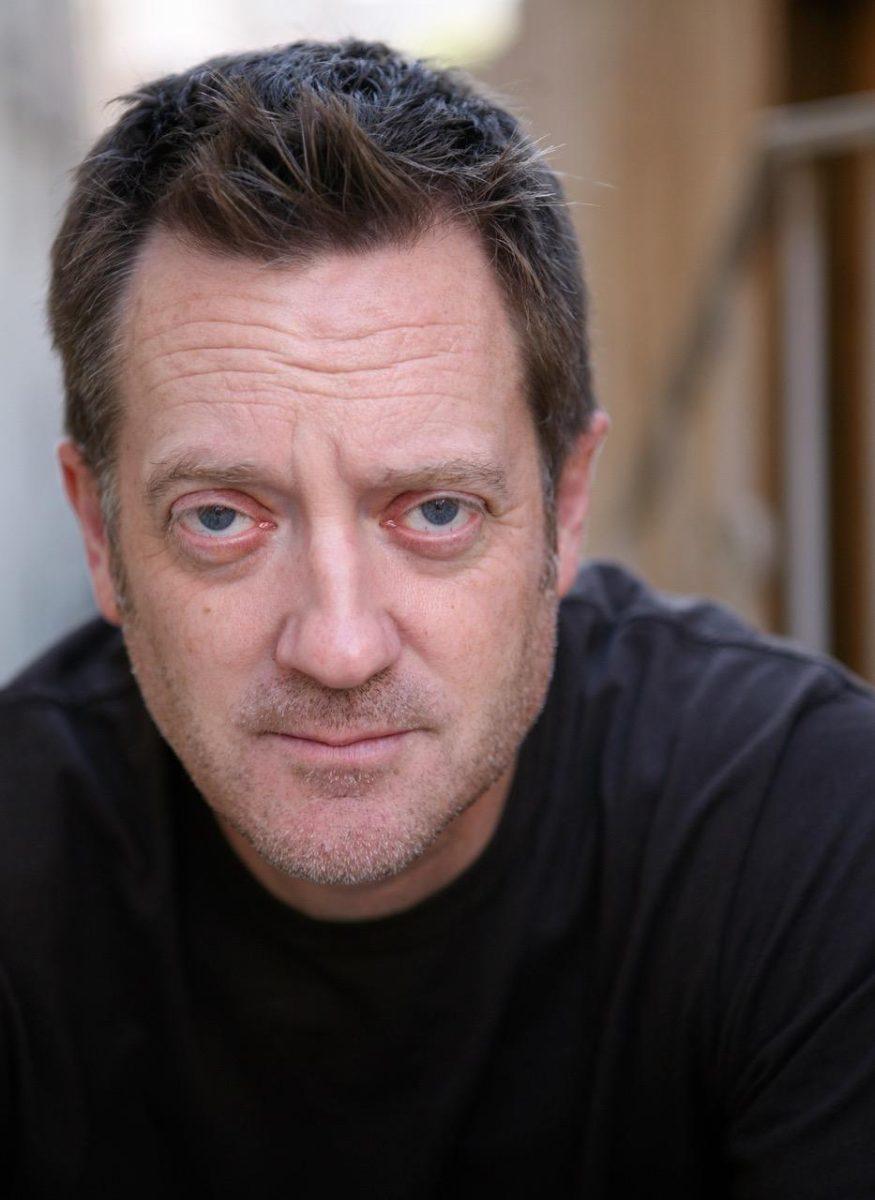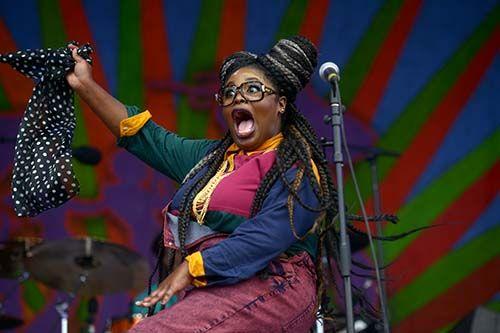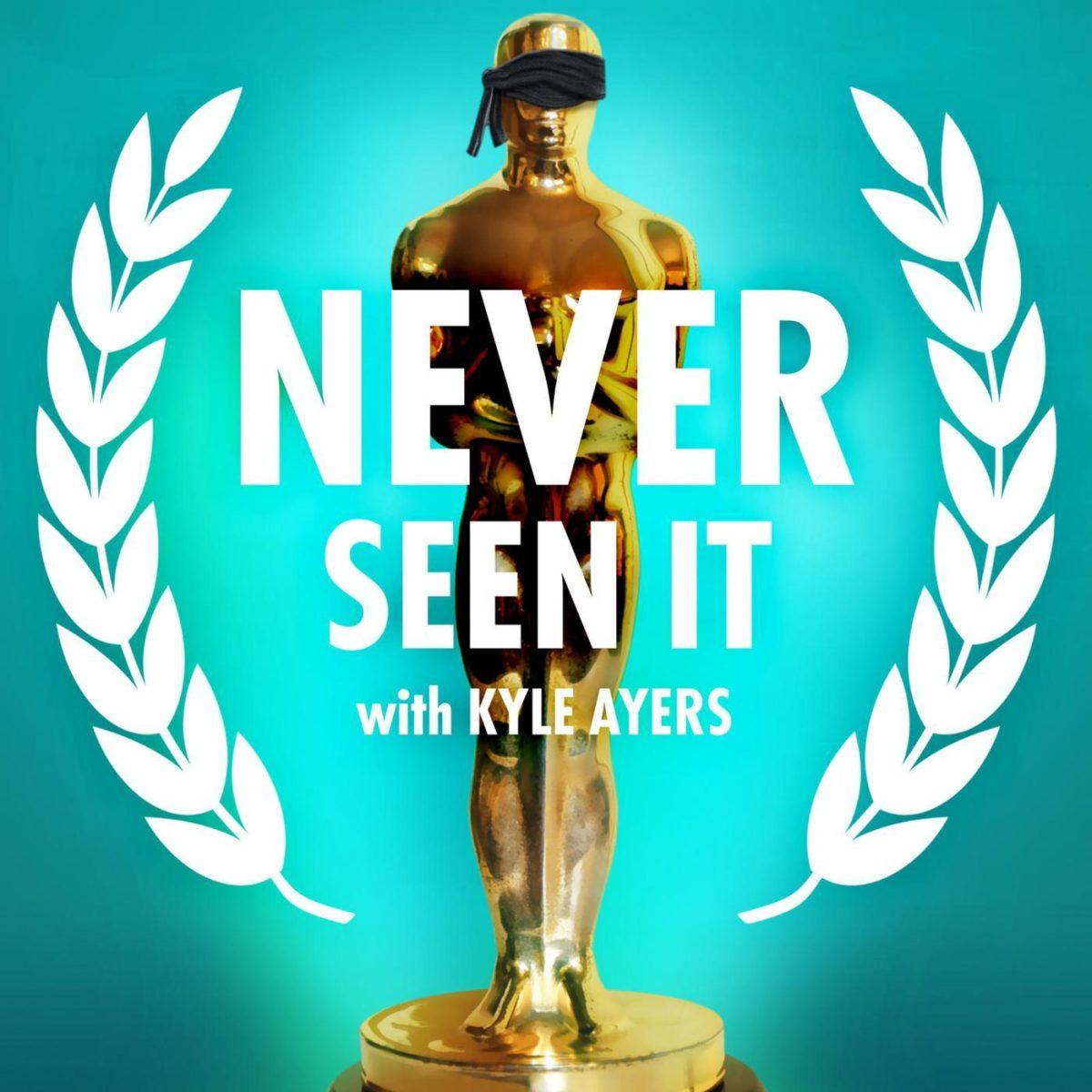Kirk Bovill, a University alumnus and former LSU track coach, can only be described as a Renaissance man. First and foremost an actor, his experiences lend life to the characters he plays.
Bovill has numerous feature film credits, including “20th Century Women,” “Get On Up,” “White Lightning” and “Contraband” as well as roles in the upcoming series “Hawaii Five-0” and “American Crime.”
LEGACY Magazine talked with Kirk about his career before acting and his transition into the spotlight.
LEGACY Magazine: You have a good number of TV and film roles under your belt. What has been your favorite role to play so far?
Kirk Bovill: One of my favorites was in Southland. I did a scene that was all improvised. It was with Lucy Liu and Michael Cudlitz. I played a crazy man, and had to run down an actual street. They only stopped traffic one side of Vine Street and the cameras were sort of hidden, so it looked like there really was a lunatic coming down the street to the people going by. They used that piece for the next two weeks to promote the show.
Hawaii Five-0 was special. While filming I happened to be there during the 75th anniversary of the bombing of Pearl Harbor.
L: How would you describe your time as a track and field coach at LSU?
KB: I was really fortunate. I just happened to be there at the right time. At LSU, I was one of the guys who built the track program up to a dynasty. I’m still deeply tied to LSU. I love the relationships I developed down there, that are still there today. There are still people in the athletics department I’m tied to. Yeah, I bleed a lot of purple and gold.
L: Why did you move on from coaching track and field?
KB: I love the creative work that I do now, but after all these years I’d still go back if the right thing came up. I was offered jobs by different schools. But at the time I had student loans, and assistant coach doesn’t pay more than $18,000 or $20,000. I had family in northern California, so I headed up there. Getting into the high tech industry was a total fluke. After working with my cousin in the surf board industry, I said “I’ve got to get a real job.” I made up my mind; the one that offers me a job, that’s what I’m getting paid. It ended up being some high-tech company based on the East Coast. I was able to transition to the marketing side once I got in because of my background at LSU — I received my graduate degree at the Manship School.
L: I understand you traveled a good bit during that time. What are some memorable experiences you had abroad, both past and recent?
KB: It was an amazing opportunity to see so much of the world and really get involved in different cultures. One time in China I was waiting for a partner I was traveling with to clear customs. I was waiting near the luggage area and saw some armed guards who looked like they were wondering why I was still hanging out after everyone had left. This little boy came up to me whose grandparents had sent him over to me. They thought I was lost. He asked me if I knew where I was supposed to go. I thought that was cool that I was someplace with a language barrier but people still wanted to reach out and help.
Asia was nice but I love Europe, my ancestors are from Ireland. But there’s just so many beautiful places. Joni and I have travelled ourselves. Probably the most amazing trip was going on a safari in Kenya, then to the Seychelles Islands, then up to Cairo.
In December I was in Hawaii filming “Hawaii Five-0,” and it was like getting paid to go on vacation.
L: What fueled your transition from marketing to more creative pursuits?
KB: After a while it was just like watching paint dry. In the high tech marketing I was doing, there’s not a whole lot of creativity. You have an audience of engineers. They’re very linear in their thinking. They want the numbers. It’s not like being a marketing guy for Coca-Cola or Pepsi. As a creative person there is only so much you can do. I made good money, but there’s more to life than that.
L: Aren’t those two almost polar opposites?
KB: You know, you’re right. For a year and a half I travelled around the world with this one guy. We were considered the evangelists of driving the next generation of technology in the fiber optics industry. We would go to all these countries and do a presentation, and it was like improvisation. In a way it was training for what I would later do.
So I said, I can go and do that, and if it doesn’t work out, these guys will probably hire me tomorrow and I could go back. Ten years later, I’m still acting.
The thing that was cool was that I booked so fast with my first film, that was wild. You’ve got people out here in Los Angeles who in their whole lifetime never make a living with this.
L: Had you ever thought about acting professionally before you decided to make the switch?
KB: My parents were both educators. My dad coached football, but also had a drama major in college, so he would always direct the plays the had at school. Whenever they needed a little kid I’d be in them.
My dad also did a one-man show as Mark Twain. He was world-class. They found him, all the way out in Nebraska, and flew him out to do national Wells Fargo commercials as Mark Twain. So the seed was planted in me early when I saw my dad do it.
My mom is an artist and writer as well. She’s a great painter still. Both my folks are writers, though my dad passed away a few years ago.
I wrote my first song when I was 10, I wrote my first play when I was 13, but then I got into athletics. I thought I was going to follow my dad as a coach, but at the collegiate level. I loved coaching at LSU, and if it had been the right situation maybe I would have stuck with it.
When I was first thinking about transitioning over to acting I was talking to my dad about it. He said “Let me ask you a few things: One, are you good enough? Two, can you make a living doing it?” He was just being real like a dad would be. Later in his life we would talk about life and acting together.







